You might be surprised to learn that selling food on the street was banned in Singapore decades ago, yet the city-state remains famous for its street food. The action has simply moved to hawker centers, vibrant food courts that are home to vendors serving authentic local cuisine.
These gastronomic temples offer a melting pot of Chinese, Indian, Malaysian, and Indonesian culinary influences, creating a unique food identity. With most dishes costing under $10, you can sample multiple options without breaking the bank. As you navigate this vibrant food scene, you’ll discover everything from Michelin-starred stalls to hidden local favorites.
With many hawker stalls run by older Singaporeans, now is the perfect time to experience this cultural phenomenon before it changes. This guide will help you find the best street food in Singapore, ensuring you don’t miss out on the city’s culinary delights.
The Unique World of Singapore’s Hawker Centers
Hawker centers in Singapore are a melting pot of culinary delights, reflecting the city-state’s diverse cultural heritage. These bustling food courts are home to a wide range of stalls serving everything from traditional Chinese dishes to Malay and Indian specialties.
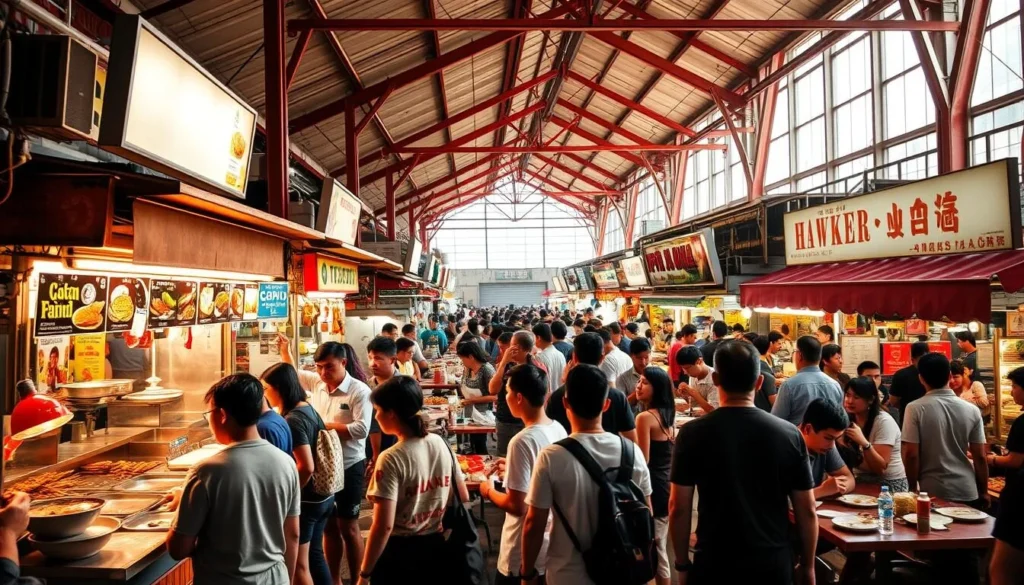
The Evolution from Street Vendors to Food Courts
Historically, hawker centers evolved from street vendors who operated in an unregulated environment. Over time, the government began to formalize these street food operations into organized centers, providing a cleaner and more structured dining experience. Today, these centers range from a dozen to over a hundred hawkers, with nearly every item coming in well under $10.
Why Hawker Centers Are the Heart of Singapore’s Food Culture
Hawker centers are more than just places to eat; they are the heartbeat of Singapore’s food culture. They democratize dining by offering high-quality food at affordable prices, making Singapore’s diverse cuisine accessible to everyone. Some key aspects that highlight their importance include:
- Preserving traditional recipes and cooking techniques, serving as living museums of culinary heritage.
- Fostering a competitive environment that drives vendors to maintain exceptional quality and consistency.
- Reflecting Singapore’s multicultural identity, with stalls from different ethnic groups operating together.
- Being deeply intertwined with daily life and personal memories for many Singaporeans.
- Encouraging social connections through communal dining experiences.
By embracing these aspects, hawker centers continue to play a vital role in Singapore’s culinary landscape, making them a must-visit destination for anyone looking to experience the authentic flavors of Singapore.
Top Hawker Centers in Singapore, Singapore: Where to Find the Best Street Food
Singapore is famous for its hawker centers, vibrant food hubs that serve up a wide variety of local cuisine. These centers are not just about food; they’re cultural melting pots where you can experience the authentic taste of Singapore.
Maxwell Food Centre
Maxwell Food Centre is a must-visit hawker center located near Raffles Place MRT station. It’s known for its wide range of culinary delights, from laksa to Hainanese chicken rice. You can enjoy a meal here amidst the bustling atmosphere.
Old Airport Road Food Center
Old Airport Road Food Center is another iconic hawker center that offers a variety of Singaporean dishes. It’s particularly famous for its Kaya toast and roti prata. The center has a lively atmosphere, making it a great spot to try different foods.
Chinatown Food Complex
Located in the heart of Chinatown, this food complex is a fusion of traditional and modern culinary experiences. You can find everything from dim sum to bak kut teh. The complex is well-ventilated and offers a comfortable dining experience.
Newton Food Centre
Newton Food Centre gained international fame after being featured in the movie “Crazy Rich Asians.” It’s known for its seafood stalls, offering dishes like chili crab and sambal stingray. The center has been renovated to provide a more upscale dining experience with excellent ventilation and spacious seating.
- Recently renovated to offer a more upscale hawker experience
- Renowned for its seafood stalls
- Conveniently located near Orchard Road’s shopping district
Must-Try Signature Dishes at Singapore’s Hawker Stalls
The heart of Singapore’s street food culture lies in its hawker stalls, where you can find an array of iconic dishes. From comforting bowls of rice to spicy noodle soups, these signature dishes are a testament to Singapore’s rich culinary heritage.
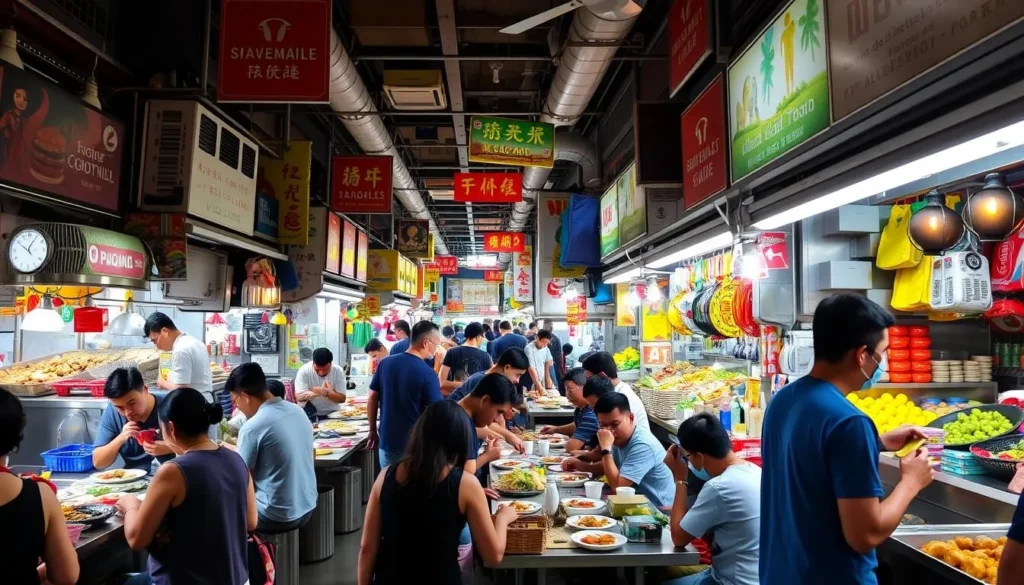
Hainanese Chicken Rice: Singapore’s National Dish
Hainanese chicken rice is a dish that embodies the essence of Singaporean cuisine. Poached to perfection, the chicken is served with fragrant rice cooked in chicken stock, chili sauce, and ginger paste. This comforting meal is a staple at hawker centers.
Chili Crab: The Iconic Seafood Experience
Chili crab is a seafood favorite that consists of mud crabs cooked in a sweet and spicy tomato-based sauce. It’s a messy but delightful dish that’s best enjoyed with a side of steamed buns or rice to soak up the flavorful sauce.
Laksa: Spicy Coconut Noodle Soup
Laksa is a spicy noodle soup made with a rich coconut milk broth, rice noodles, and topped with shrimp, chicken, or tofu. This flavorful dish is a fusion of Chinese and Malay cuisines, reflecting Singapore’s multicultural identity.
Satay: Perfectly Grilled Skewers
Satay is a popular street food consisting of grilled meat skewers, typically made from chicken, beef, or pork. Marinated in a mixture of spices and coconut milk, satay is grilled to perfection and served with peanut sauce, kecup manis, and rice cakes.
Char Kway Teow and Hokkien Mee: Noodle Specialties
Char kway teow and Hokkien mee are two noodle dishes that showcase the diversity of Singapore’s street food. Char kway teow features flat rice noodles stir-fried in pork lard with various ingredients, while Hokkien mee combines yellow wheat noodles and white rice noodles in a rich prawn and pork stock. Both dishes require the “wok hei” or “breath of the wok,” a skill that hawkers master over years of practice.
Michelin-Starred Street Food Experiences
You can experience the best of Singapore’s street food at its Michelin-starred hawker stalls, where culinary art meets affordability. These stalls have gained international recognition for their exceptional dishes, making them a must-visit for any food enthusiast.
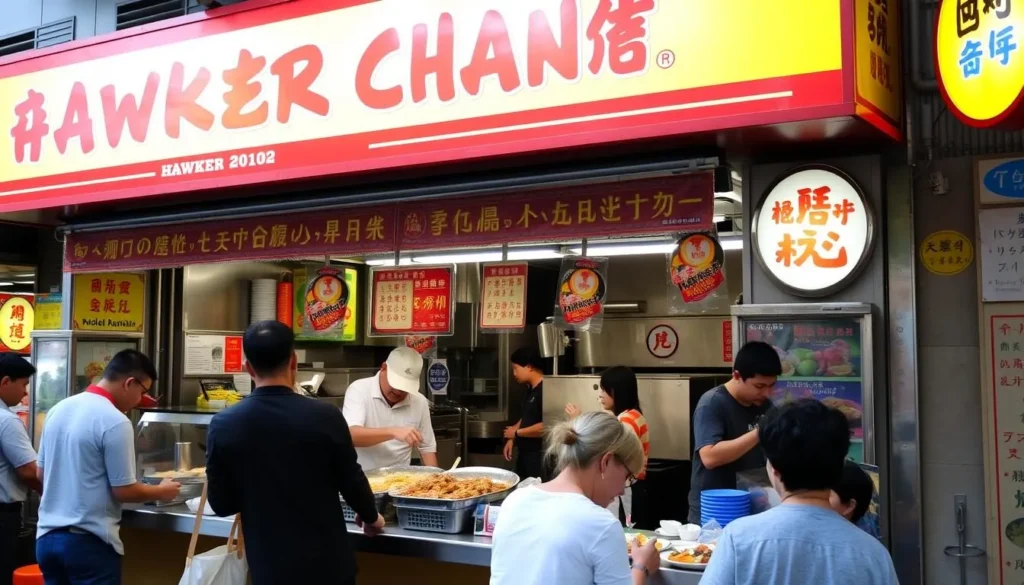
Hawker Chan: World’s Cheapest Michelin-Starred Meal
Hawker Chan is renowned for being the world’s cheapest Michelin-starred meal, offering an unforgettable street food experience. This humble stall serves mouth-watering soy-sauce chicken rice that has captured the hearts of locals and tourists alike. The dish is a perfect blend of flavors, with tender chicken served on a bed of fragrant rice cooked in aromatic soy sauce.
The secret to Hawker Chan’s success lies in its commitment to using only the freshest ingredients and traditional cooking methods. This dedication to quality has earned the stall its Michelin star, making it a must-try when visiting Singapore.
Hill Street Tai Hwa Pork Noodle: Worth the Wait?
Hill Street Tai Hwa Pork Noodle is another Michelin-starred hawker stall that has gained a reputation for its bak chor mee (minced pork noodles). The dish is a complex symphony of textures, featuring springy noodles tossed in a tangy vinegar-based sauce with multiple types of pork. While the wait can be daunting, with queues stretching up to two hours during peak periods, many food enthusiasts consider it a necessary pilgrimage.
The sauce is what distinguishes Tai Hwa from its competitors, featuring a perfect balance of vinegar, chili, and other proprietary ingredients that create a complex taste profile. Owner Tang Chay Seng has been perfecting his recipe for over 50 years, having learned the art from his father who started the business in the 1930s. When you finally get your bowl, you’ll understand why it’s worth the wait.
Navigating Hawker Centers Like a Local
To truly enjoy Singapore’s street food, you need to know how to navigate the hawker centers like a local. One of the best ways to experience this is by joining a guided tour, such as Monster Tour’s Asia101 Food Tour, which takes you through various cultural districts like Chinatown, Little India, and Kampong Glam.
Understanding the Ordering Process
Ordering food at a hawker center can seem daunting, but it’s straightforward once you understand the process. Most stalls operate on a cash basis, so make sure you have some local currency handy. You order at the counter, and then you’ll be given a number to collect your food. Some stalls may have a menu, while others rely on displayed dishes to make your selection.
Table Etiquette and the Napkin Trick
When it comes to dining at a hawker center, table etiquette is simple: be prepared to share your table with strangers, as this is the norm. The “napkin trick” is a useful tactic to reserve a seat while you queue for food or drinks; simply place a tissue or napkin on the chair to signal that the seat is taken.
What to Drink with Your Meal
Traditional Singaporean beverages are an integral part of the hawker center experience. You can choose from a variety of drinks, including kopi (local coffee) and teh (tea), which have their own ordering vocabulary. For example, you can order kopi-c for coffee with evaporated milk or kopi-o for black coffee. Fresh fruit juices like sugar cane and watermelon are refreshing options, while Bandung (rose syrup with milk) and Milo dinosaur (iced chocolate malt drink) are sweet treats. Most hawker centers have multiple drink stalls, allowing you to customize your beverage pairing throughout your meal.
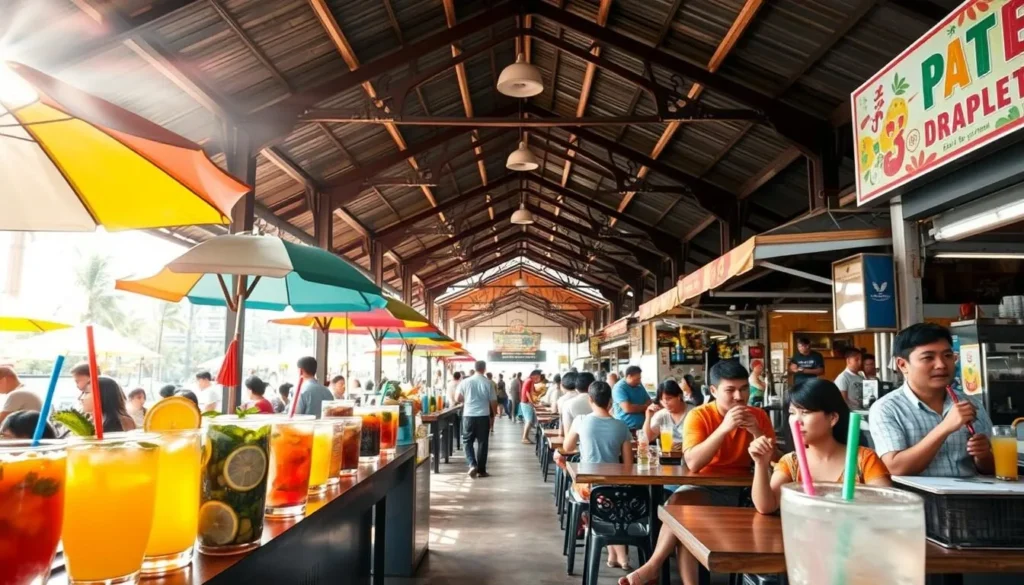
By understanding these aspects, you’ll be well on your way to enjoying the best places Singapore’s hawker centers have to offer.
Best Times to Visit and What to Expect
Singapore’s hawker centers are a culinary delight, but knowing when to visit can enhance your experience. Whether you’re looking to avoid crowds or sample the freshest dishes, timing is crucial.
Peak Hours vs. Off-Peak Dining
Visiting during peak hours (usually around lunch and dinner times) means you’ll be surrounded by locals and a lively atmosphere. However, if you prefer a more relaxed experience, consider visiting during off-peak hours when the crowds are smaller.
Budget Expectations and Payment Tips
Dining at hawker centers is budget-friendly, with most dishes priced between $3-6 SGD. To make the most of your meal, consider creating a food budget of $15-20 SGD per person. It’s also a good idea to have cash on hand, although many stalls now accept digital payments.
| Meal Type | Average Cost (SGD) | Payment Methods |
|---|---|---|
| Simple Dish | $3-6 | Cash, PayNow, GrabPay |
| Combo Meal | $10-15 | Cash, Credit Cards, GrabPay |
| Dessert | $2-4 | Cash, PayNow |
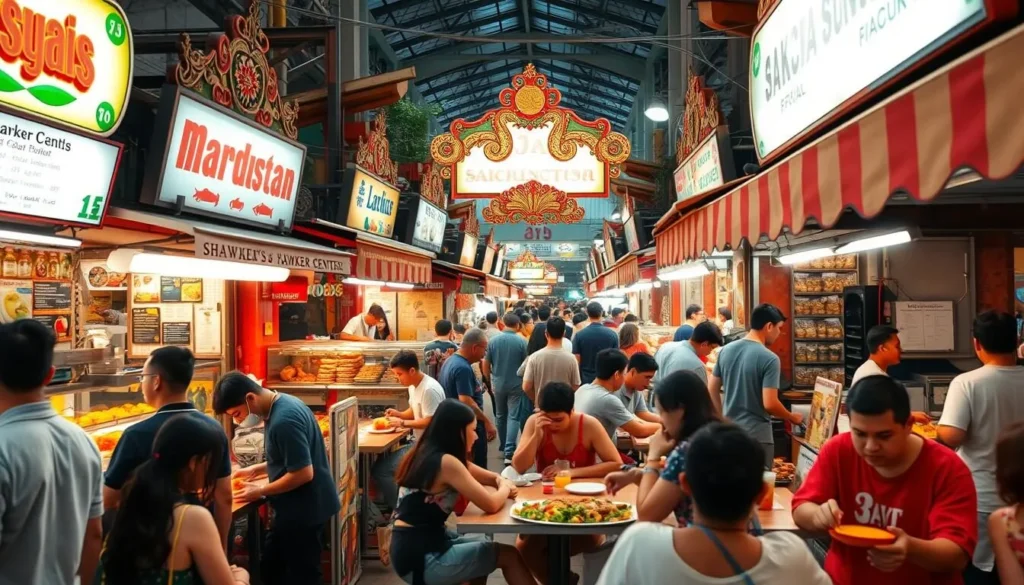
By planning your visit and understanding the local dining culture, you can enjoy a satisfying and affordable meal at Singapore’s hawker centers.
Conclusion: Savoring Singapore’s Hawker Culture Before It Changes
As the current generation of hawkers nears retirement, now is the perfect time to indulge in Singapore’s street food delights. You’ll notice that most stalls are run by individuals over 50, and with fewer young Singaporeans willing to take on the demanding lifestyle, the future of this culinary culture is uncertain.
The physical demands of hawker work and thin profit margins make it challenging for younger generations. However, government initiatives, including apprenticeship programs and subsidized stall rentals, aim to preserve this tradition. The UNESCO recognition in 2020 has also brought renewed attention to preservation efforts.
For visitors, this transitional period is an ideal time to experience authentic Singapore street food from seasoned masters. This guide has provided a comprehensive list of the best places to savor hawker culture, from Michelin-starred stalls to local favorites. Whether you’re planning your first trip or returning to explore more deeply, Singapore’s street food scene offers endless discoveries that connect you to the city-state’s multicultural heritage.
The above is subject to change.
Check back often to TRAVEL.COM for the latest travel tips and deals.
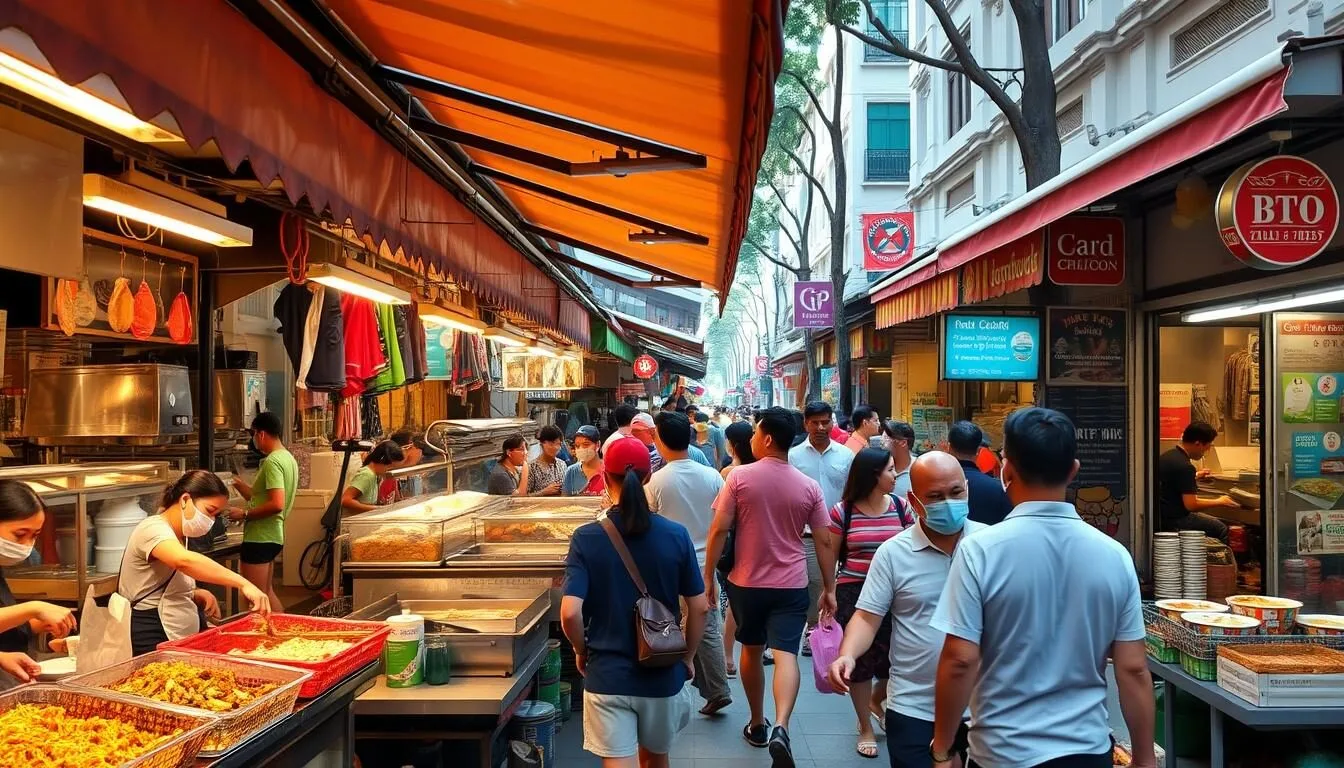
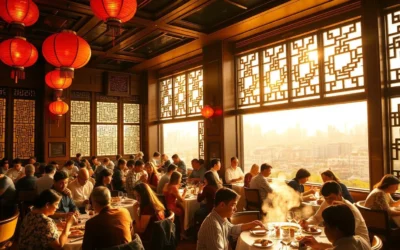
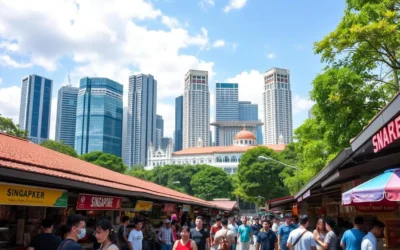

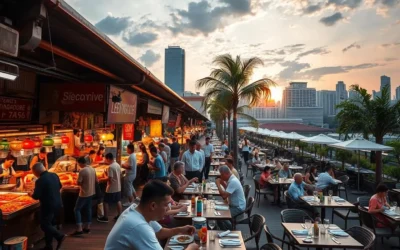
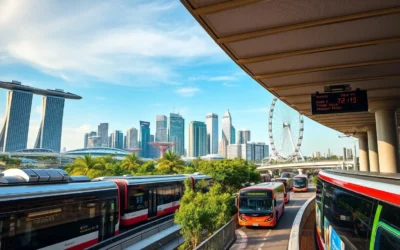
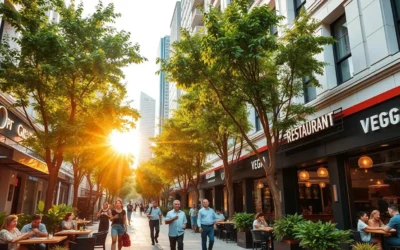
0 Comments